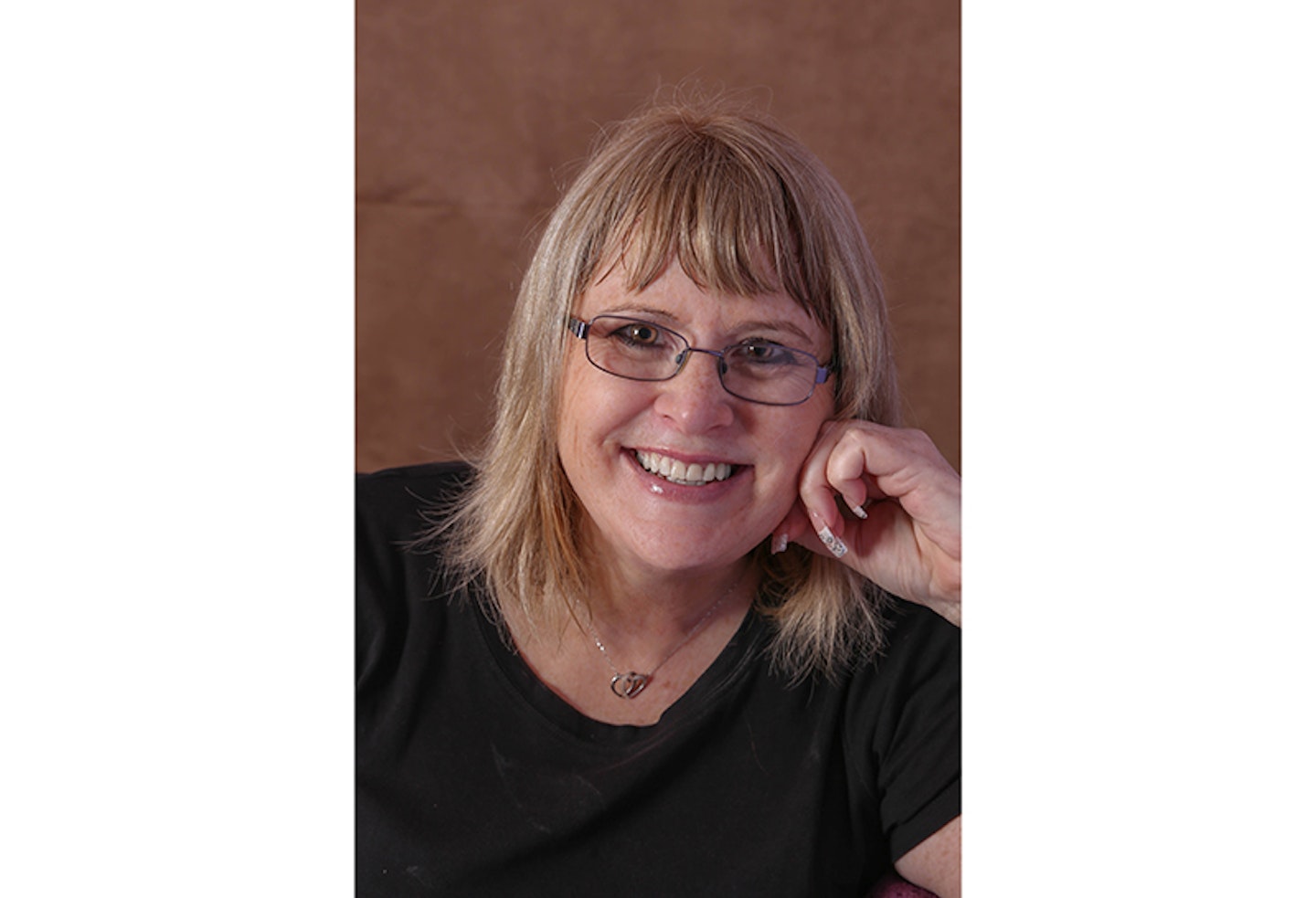Attention Deficit Hyperactivity Disorder (ADHD) is defined as the most common neurodevelopmental disorder. Often diagnosed at school age, it is normally characterised by symptoms of inattention, impulsivity and hyperactivity.
Diagnosis of adult ADHD is becoming increasingly more common, in fact the number of adults diagnosed has doubled in the past decade. This is due to missed diagnosis during childhood rather than the condition developing in later life, and is more common with women, as in girls inattentive ADHD is common. In inattentive ADHD symptoms are experienced internally without being outwardly disruptive, so the condition is often overlooked.
Sarah Templeton, ADHD counsellor, coach, author and CBT therapist, was one such missed diagnosis. Here she tells us her story and explains ADHD symptoms women may experience.

I had booked to see a counsellor in Poole, Dorset where I was living in 2015, because I had a severe cat phobia. On my first visit to this lovely lady, she later told me that I rattled off all my issues for 35 minutes straight without stopping!
On session three, when I was still going through my numerous issues and mentioned I was also diagnosed with IBS, she stopped me and said very pointedly “Has anybody ever suggested you might have ADHD?”
I looked at her dumbfounded. No nobody had ever suggested I had ADHD. Wasn’t ADHD 9-year-old boys chucking chairs at teachers in school? I was a 51-year-old married woman running a very successful nanny agency.
She suggested I go home and google it.
That night I frantically googled ‘Adult ADHD.’ It’s not an understatement to say that my entire life suddenly made sense. It wasn’t just one lightbulb moment – it was hundreds. How could I not have realised this before?
Every trait I was reading about seemed to resonate with me. My not liking authority, interrupting people, always thinking I was right, feeling I had an internal motor that could not stop or relax, wanting everything my own way, being impulsive, struggling to focus and concentrate, being the clown of the class at school, and literally dozens of other traits that I thought were ‘just me’, but actually indicated ADHD.
As I kept reading, there were more traits that resonated with me. ADHD people always push boundaries, get bored very easily, do things compulsively like eating and shopping, both of which I had done all my life. They are also impulsive which I am very well known for. Just one example, buying a flat and then putting it back on the market the very next day because a baby had kept me awake half the night and I couldn’t stand the noise!
This very wise counsellor told me that I needed to get diagnosed. So, I booked an appointment with the GP only to be told “there is no money in the NHS for adult ADHD.” So, I booked an appointment with another GP who told me the exact same words. At this point, desperate, I decided to go private and typed up a long list of, what I now realised, were ADHD traits and sent them to an ADHD psychiatrist that had been recommended. The night before the appointment he rang me and said “Honestly, don’t waste your money coming to see me, it’s very obvious you are ADHD.” This very kind man then wrote to my GP and insisted they refer me for an ADHD assessment and within three months, I was diagnosed with moderate-to severe combined ADHD.
It was literally six weeks before my 52nd birthday before my life made sense to me. I had also just qualified as a counsellor so added to my therapy website that I was ADHD, not knowing if I would ever meet another person with the same condition. I couldn’t have been more wrong.
From that day in March 2015, when I was diagnosed, I started to see many ADHD clients and amongst them a lot of people who were not diagnosed but had become aware they might have the condition. I now run the biggest team of ADHD diagnosed therapists in the UK.
Working with so many ADHD clients, I began to realise that I had some of what is called the ADHD comorbidities. These are actually coexisting conditions that often run alongside ADHD.
I had now learnt that 80% of people with ADHD have at least one of these conditions and 50% have at least two or more. So, in my mid-50s, I was subsequently diagnosed with severe dyspraxia with 1% processing at 1% motor skills, dyscalculia and sensory processing disorder. This was like the final missing pieces of my own personal jigsaw puzzle.
Working as a counsellor in the prison system, I then realised how many of the boys in young offender institutes and adult male prisons also have ADHD. It made complete sense of why I had always understood these boys with their risk-taking, thrill-seeking, pushing boundaries and not thinking of the consequences because my brain works exactly the same way as theirs. Not that I had ever committed a crime, but I totally understand their way of thinking.
In the last seven years, I have become passionate about helping ADHD people. I set up a charity ADHD LIBERTY to try and keep ADHD teenagers and young adults away from the criminal justice system and I’m now fighting to get an ADHD Act passed in parliament. Whilst there is an ASD act for those with autism, there is not yet an act for ADHD and I am determined to change this.
We are campaigning for everybody to be screened for ADHD when they first get in trouble and get taken to a police station, and for them also to be screened when they go into prison. By simply screening, diagnosing and medicating these people, their entire lives will change, just like mine has since I was diagnosed and medicated. I now can relax; I now can think of the consequences. I am nowhere near as impulsive as I was, and my out of control eating and shopping habits have disappeared since I started taking the medication.
I’m very angry that the education system did not pick up my ADHD or my dyscalculia, meaning I failed my 12+. ADHD brains with dyscalculia cannot work out problems and the 12+ was purely based on problems. This meant I spent four years in a secondary school when I should’ve been at the grammar school, as the headmistress admitted when I was 13.
Things haven’t improved that much since my days at school, and I’m also determined to change the fact that teachers are not trained sufficiently in ADHD and its comorbidities. Research has told me that most teachers get only three hours training, out of a three-year degree, and this needs to change.
I will never stop trying to help ADHD people, particularly those in young offender institutes. They have been let down by an education system and a criminal justice system that doesn’t understand ADHD, and the right diagnosis and medication would change their lives, as it has mine.
